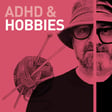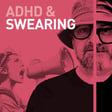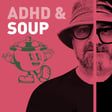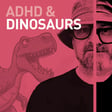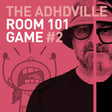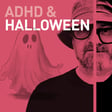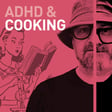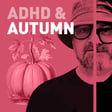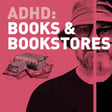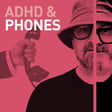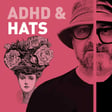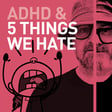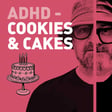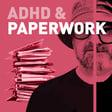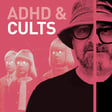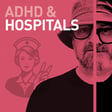
Episode 71 - The Future of ADHD
Paul and Martin (ex-mayors of ADHDville) ask: what does the future hold for ADHD? In this episode, we explore how our understanding of ADHD might evolve, from better diagnosis and support to shifting societal attitudes. Will workplaces adapt? Will technology help or hurt? And what about the possibility of a new name—or even a world designed with ADHD brains in mind? Join us as we dive into the possibilities, the challenges, and the hope for a future that finally gets it.
See our beautiful faces on YouTube
Put quill to paper and send us an email at: ADHDville@gmail.com
ADHD/Focus music from Martin (AKA Thinking Fish)
Theme music was written by Freddie Philips and played by Martin West. All other music by Martin West.
Please remember: This is an entertainment podcast about ADHD and does not substitute for individualized advice from qualified health professionals.
